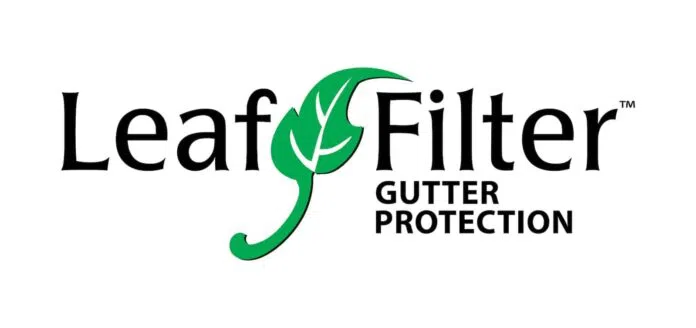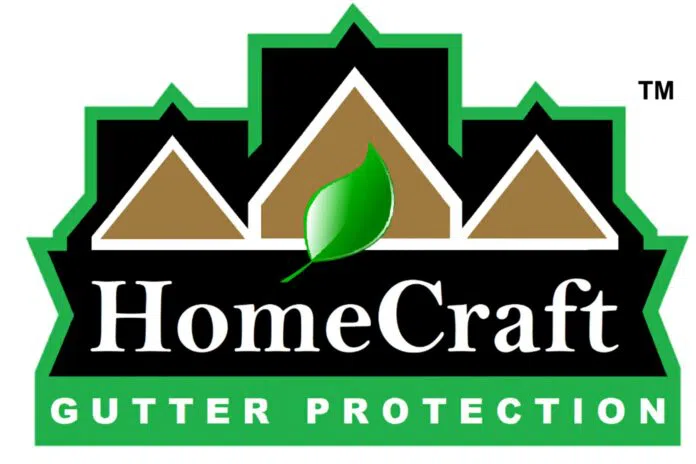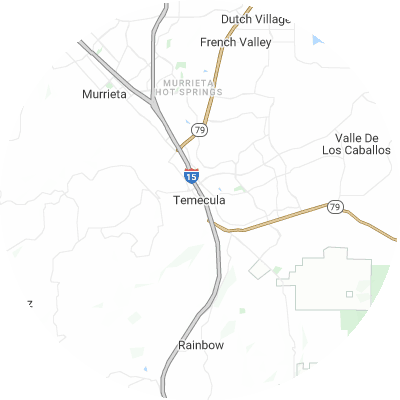Signs You May Need Gutter Guards
While gutter guards aren't always needed, signs of backed up gutters are clear. Some indicators of persistent gutter problems include:
- Visibly damaged, sagging, or misaligned gutters that no longer correctly direct rainwater
- Leaky seams or joints where water leaks out of gutters
- Soggy ground or visible erosion around your foundation
- Mold growth, peeling exterior paint, or interior water stains on walls near gutters.
- Frequent clogs that lead to overflow and water spilling over gutters
How To Choose a Gutter Guard Installer
Assess Their Experience
The right installation company will have extensive experience, including multiple years in business and experience with various brands and models. Experienced companies can properly take measurements and fit gutter guards to meet your distinct needs. Inquire about how long a company has been performing installations and request referrals from nearby customers.
Verify Proper Licensing and Insurance
Verify that any companies you're considering are properly licensed, bonded, and insured, holding both workers compensation and general liability protection. This shields you from liability for possible injuries and accidents. Request current licensing and insurance papers from any potential providers.
Choose Reputable Brands
Look for installers that provide leading trusted gutter guard brands such as LeafFilter and Gutter Helmet. Steer clear of companies that only offer generic no-name guards or their own off-brand products. These lesser-known products may lack rigorous testing.
Seek Custom Fit Services
For optimal performance, gutter guards need to be measured and trimmed on-site to match your specific gutter setup. Select a company that custom measures and trims guards specifically for your home, rather than using universal guards. Accurately fitted guards will leave no gaps for debris to get stuck.
Examine Warranties
Top gutter guard companies are typically backed by 20-year or lifetime warranties against leaks, rust, clogs, and other defects. Before picking a provider, closely inspect its warranty terms on workmanship and materials guarantees. Warranties are the best way to protect your investment into your gutters.
Check Reviews and Referrals
Take some time to research online reviews on sites like Yelp, the Better Business Bureau (BBB), or Google Reviews to learn more about customer experiences. You can also ask your neighbors for recommendations on quality gutter guard businesses near you. When researching potential providers, you should choose companies with positive reviews consistently over time rather than just one or two reviews.
Types of Gutter Guards
The six typical types of gutter guards are as follows:
- Brush guards are what they sound like: large brush bristles that sit in your gutters and catch debris while letting water through. Brush guards cost around $4.04 per linear foot.
- Foam guards are lightweight and easy to install. The foam collects debris and keeps it out of your gutter. On average, you can expect to spend $2.46 per linear foot for foam guards.
- Screen guards have large holes that allow water through while stopping debris. Screen guards cost around $4.20 per linear foot.
- Mesh guards have smaller holes than screen guards and similarly stop debris while letting water filter through. Mesh gutter guards are durable and encourage debris to slide off rather than sit on your gutters. On average, you can expect to spend $3.98 per linear foot for mesh guards.
- Micro-mesh guards are normally the most effective. Micro-mesh guards have smaller holes than standard mesh guards, which allows even less debris through. Micro-mesh guards cost roughly $5.07 per linear foot.
- Surface tension guards, sometimes called reverse curve guards, use surface tension to allow debris to slide off while water flows into the gutter. They can usually be seen from the ground. On average, you can expect to spend $3.09 per linear foot for surface tension guards.














